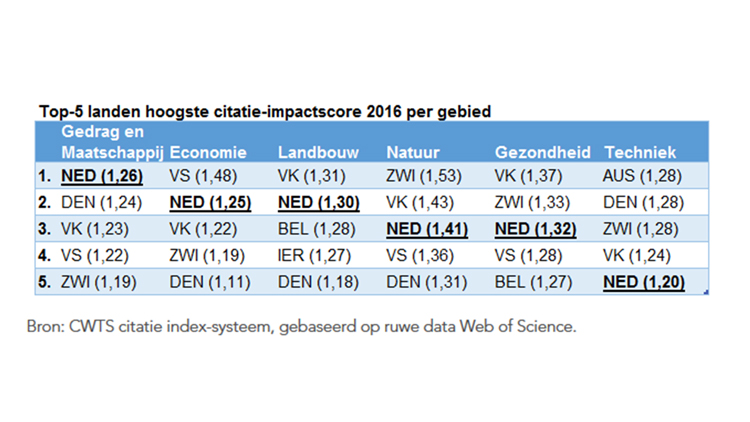Increasing number of international students leave after graduation

The message that Nuffic is spreading is a double-edged sword. The good news: there are more and more foreign graduates in the Netherlands and that is good for the economy. The bad news: an increasing number of them is quickly leaving as well.
Of all 'international students' who graduated from a university or a university of applied sciences in the academic year 2006-2007, 2,500 of them lived in the Netherlands for five years. That number rises to about 3,500 for the 2012-2013 academic year.
In absolute numbers, therefore, it seems that more 'international talents' remain in the Netherlands, Nuffic delightedly concludes. But that is not the whole story. The ones who stay form an increasingly smaller part of all international graduates.
Treasure chest
Internationals who stay in the Netherlands are measured with the use of the stay rate: the percentage of international graduates who still live in the Netherlands after five years. This stay rate has dropped in the last six years from 29 percent (graduates from 2006) to 22 percent (graduates from 2012).
One in five international graduates opts to stay in the Netherlands for good, according to previous research. These highly-educated people pay a relatively large amount of tax, which means that the national treasure chest receives € 1.64 billion annually. Bron: Nuffic (2018), Stayrate of international graduates in the Netherlands in percentages and numbers.
Bron: Nuffic (2018), Stayrate of international graduates in the Netherlands in percentages and numbers.
Technicians in particular often stay in the Netherlands after their studies: 41 percent of the academics and 26 percent of the higher professional education graduates among them. The international students of Eindhoven University of Technology are most notable: more than half of them feel at home here.
Graduates in education, health care and nature oriented programs often find a job here, as there are shortages in these fields. Many graduates from art academies continue their career here as well.
Nuffic suspects that the stay rate will rise again as the economy picks up. Five years ago, the Netherlands was still struggling with the aftermath of the economic crisis that erupted worldwide in 2008, making it harder for international graduates to find a job. This is different now.
English-based education
Nuffic does not look at foreign students, but at international students. This includes, for example, Dutch nationals who grew up abroad. Nuffic also counts the students who did study at a Dutch institution but did not live in the Netherlands at that time. For example, these might be German or Belgian students.
The arrival of foreign students is a sensitive topic. Critics believe that universities and universities of applied sciences undermine the quality of education by offering more and more English-based education. The educational institutions state that education is actually improving from an international classroom.
In June 2018, the Netherlands Bureau for Economic Policy Analysis (CPB) announced that 35 percent of internationals who graduate from a university stay in the Netherlands. Statistics Netherlands (CBS) uses slightly different definitions. The statisticians only look at the students who actually lived in the Netherlands during their studies and who did not have a Dutch passport.